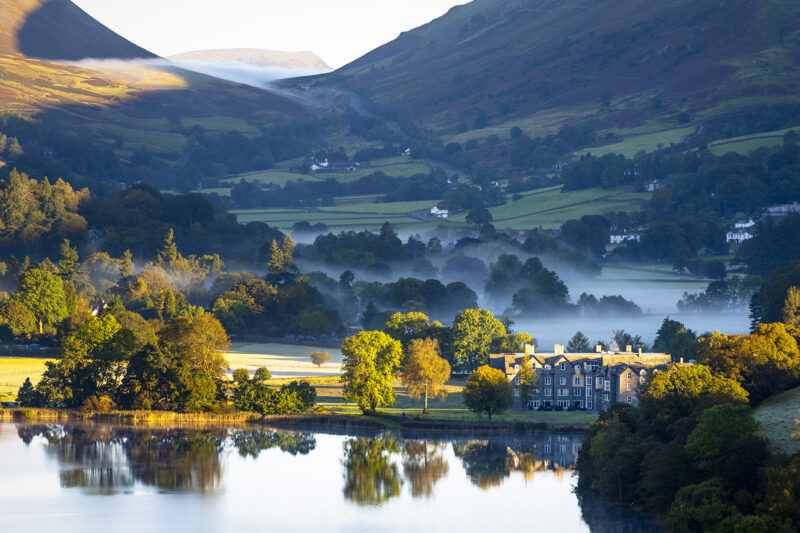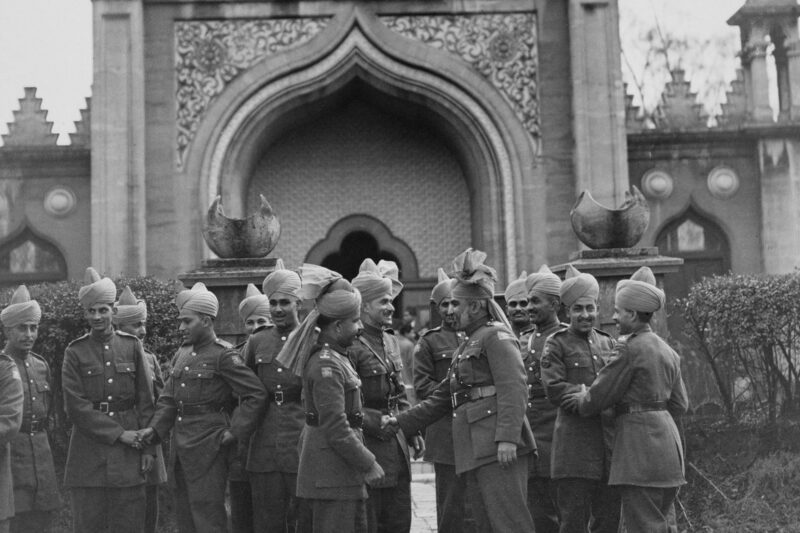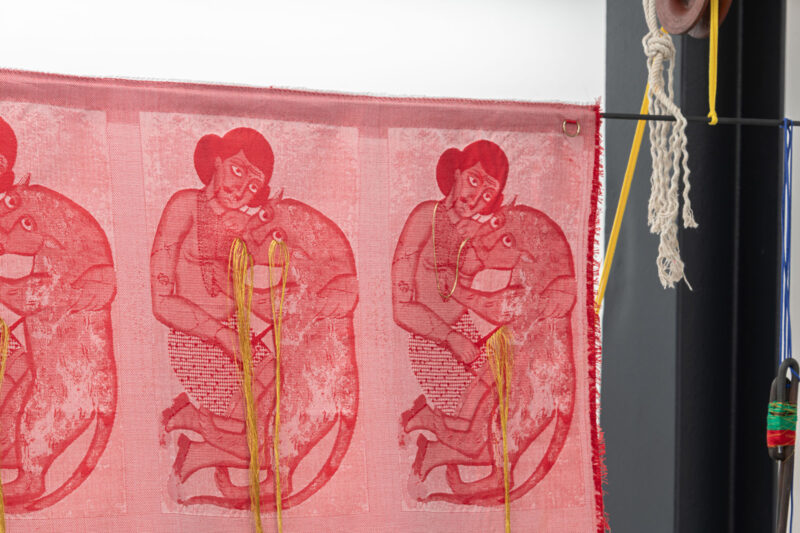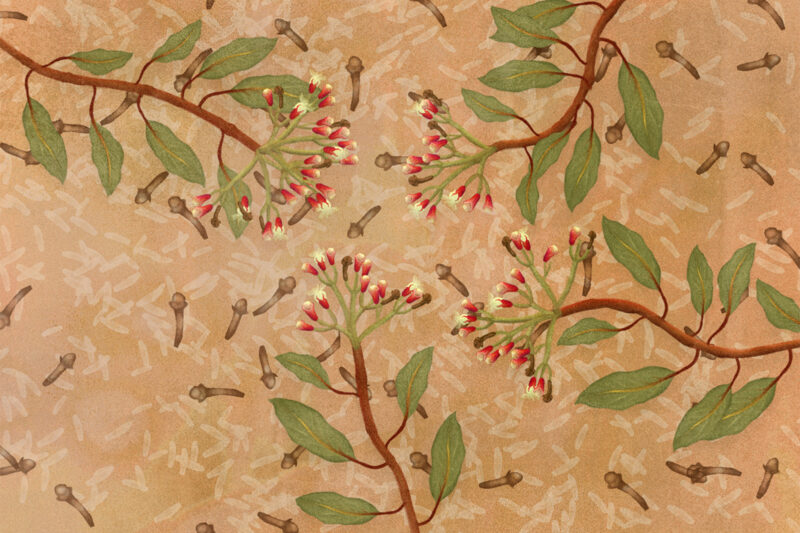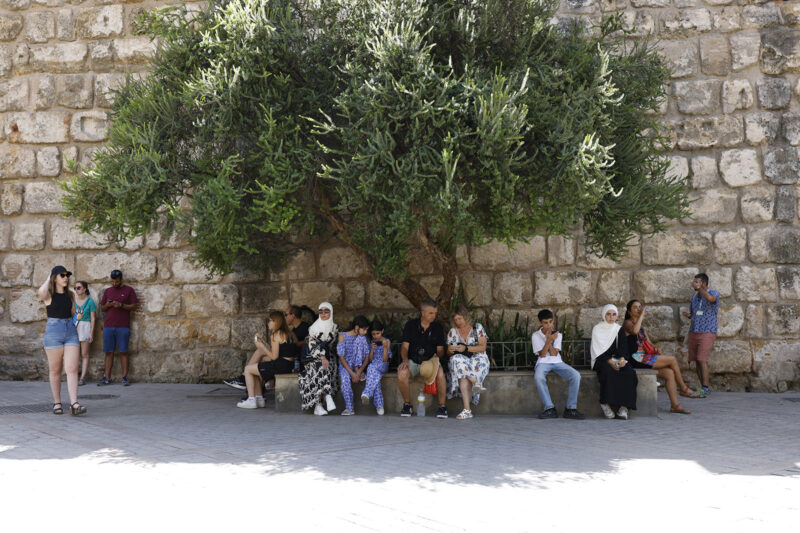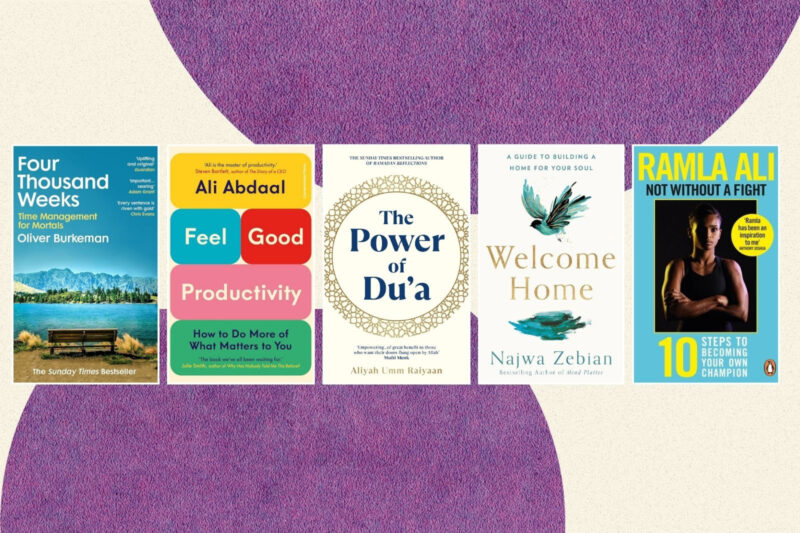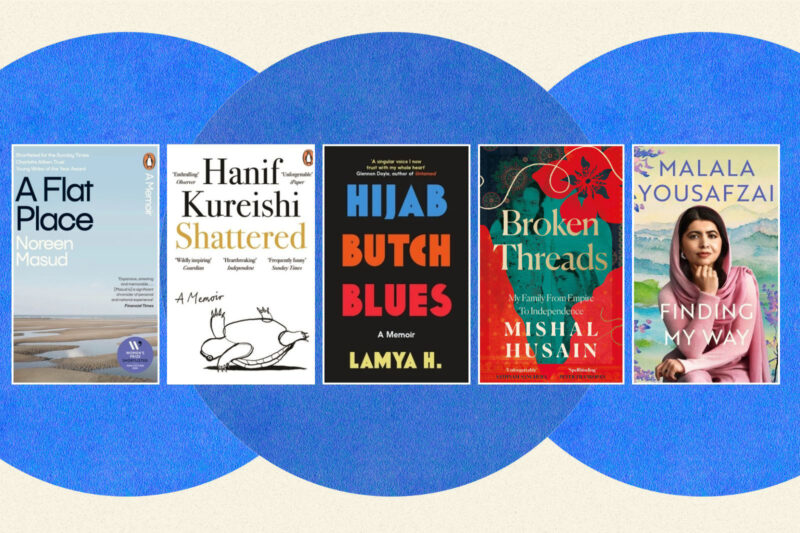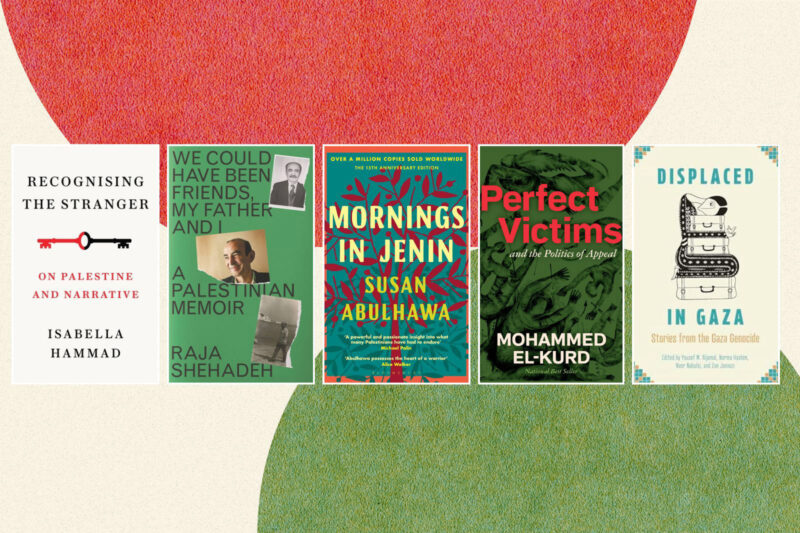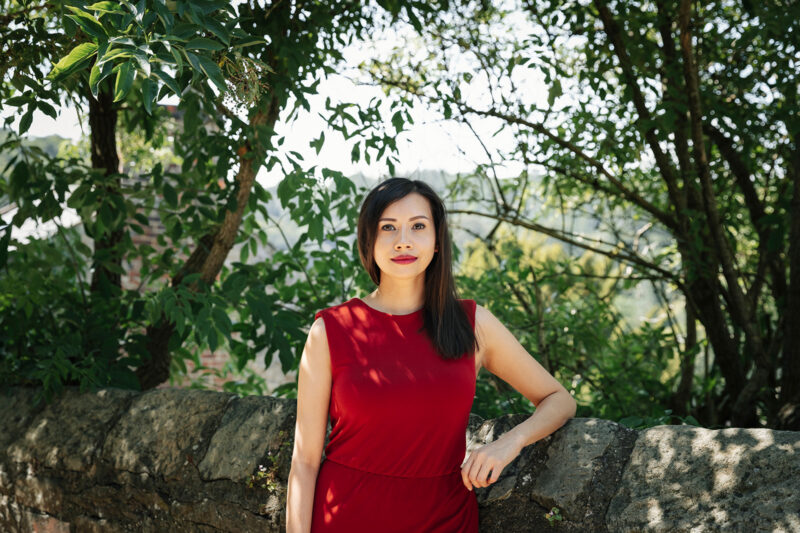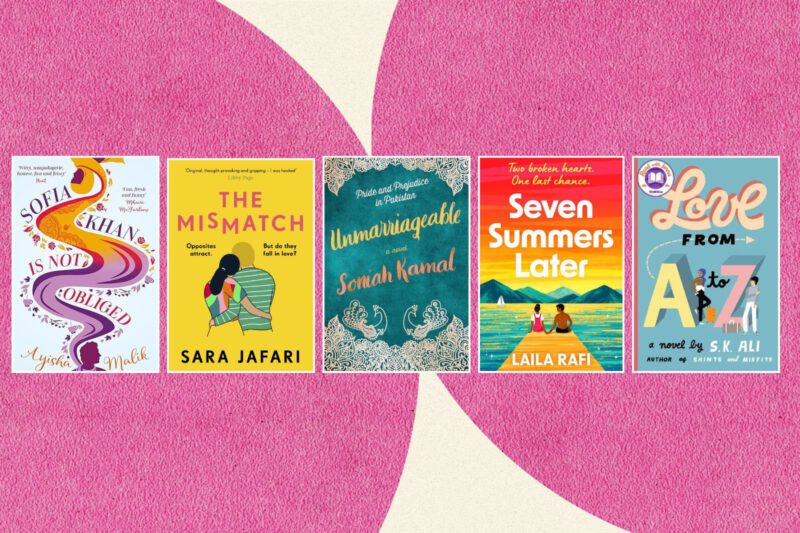Top reads to learn about the climate crisis
Hyphen’s books columnist reflects on the theme of environment and picks nonfiction titles to help engage with the issue
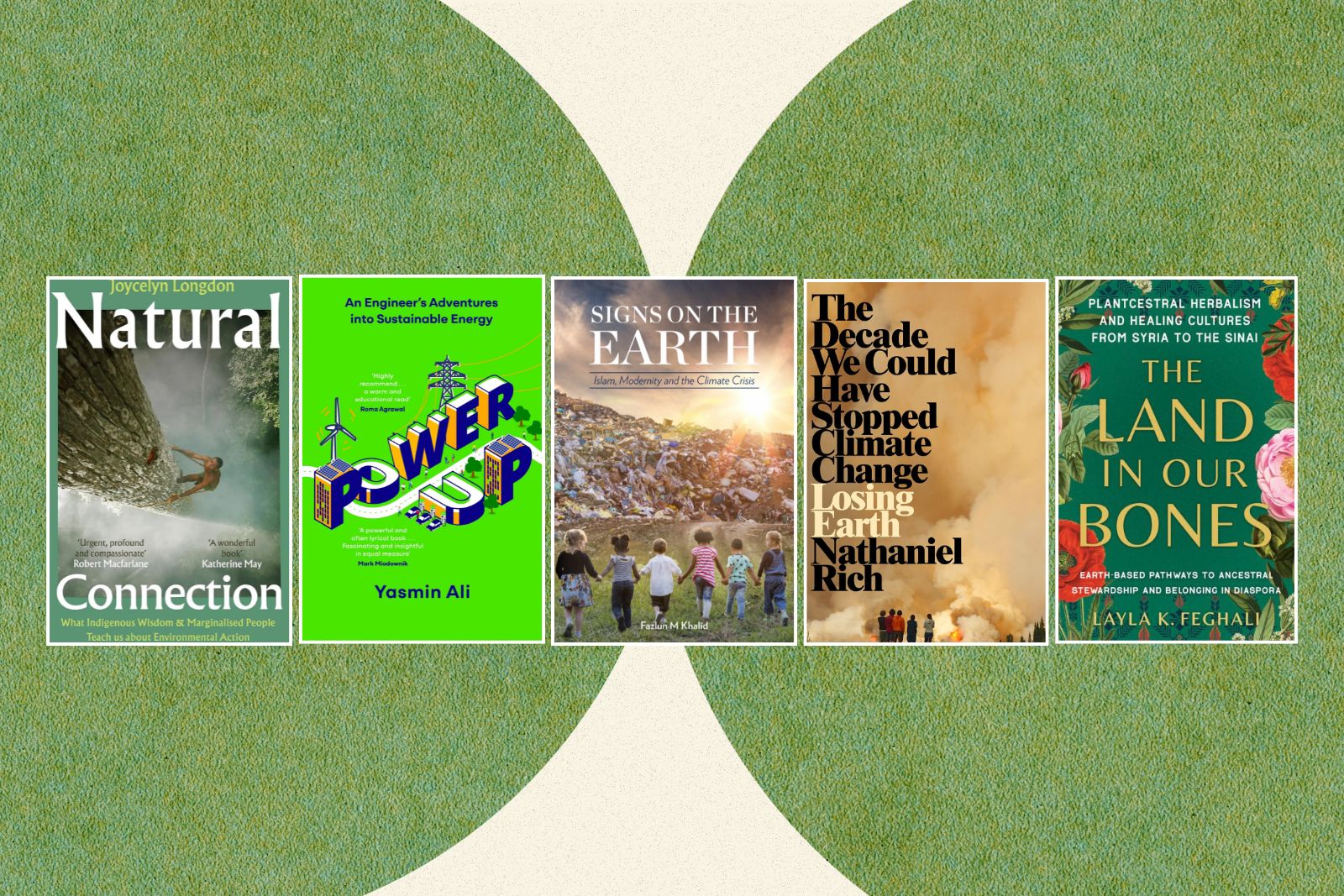
Much like the vast majority of the UK’s adult population, I’ve long been worried about climate change, especially as the weather has become noticeably more extreme. I’ve been to the protests. I’ve signed the petitions. I reoriented my journalism to engage with the topic. But the global outlook remains bleak.
That’s why, three years ago, my friend and I started hothouse book club — a reading group based around deeper engagement with the crisis. We wanted to go beyond the relentless media doom cycle and instead look at ideas, stories and histories to try to find a sense of direction amid the noise.
What’s become clear in the many books we’ve pored over is that we know how to tackle and solve climate change. However, decades of fossil fuel lobbying, political inaction and corruption, and now the rise of rightwing authoritarian groups, are blocking the kind of rapid transformation urgently needed.
The injustice is staggering: the richest 1% of people are responsible for more carbon emissions than the poorest 66%. Yet it is the most vulnerable, including many Muslim communities, who are most affected.
Reading widely and from diverse writers on the subject has helped me feel less paralysed and alone in my climate anxiety. It’s comforting to know that there are authors actively applying new narratives and thinking about solutions. Here is some of the best writing I’ve come across that offers vital perspectives on how we’ve got here and where we must go next.
Signs on the Earth — Islam, Modernity and the Climate Crisis by Fazlun Khalid

“The ethos of Islam is that it integrates belief with a code of conduct which pays heed to the essence of the natural world,” writes Fazlun Khalid, Islamic scholar and founder of the Islamic Foundation for Ecology and Environmental Science. In Signs on the Earth, he makes the case that tackling climate catastrophe should be a central religious concern to Muslims, who make up almost a quarter of the world’s population.
Khalid draws connections between religion, European colonialism, global capitalism and environmental degradation. He critiques fragile contemporary “house of cards” financial systems built on overconsumption and resource extraction. As an alternative, Khalid explores Islamic finance for its ethical and sustainable principles. However, it’s his analysis of Islam’s relationship with nature and how Muslims should approach the earth as sacred, supported by frequent references to the Qur’an, which offers valuable insight into an often overlooked dimension of environmental thought.
Losing Earth: The Decade We Could Have Stopped Climate Change by Nathaniel Rich
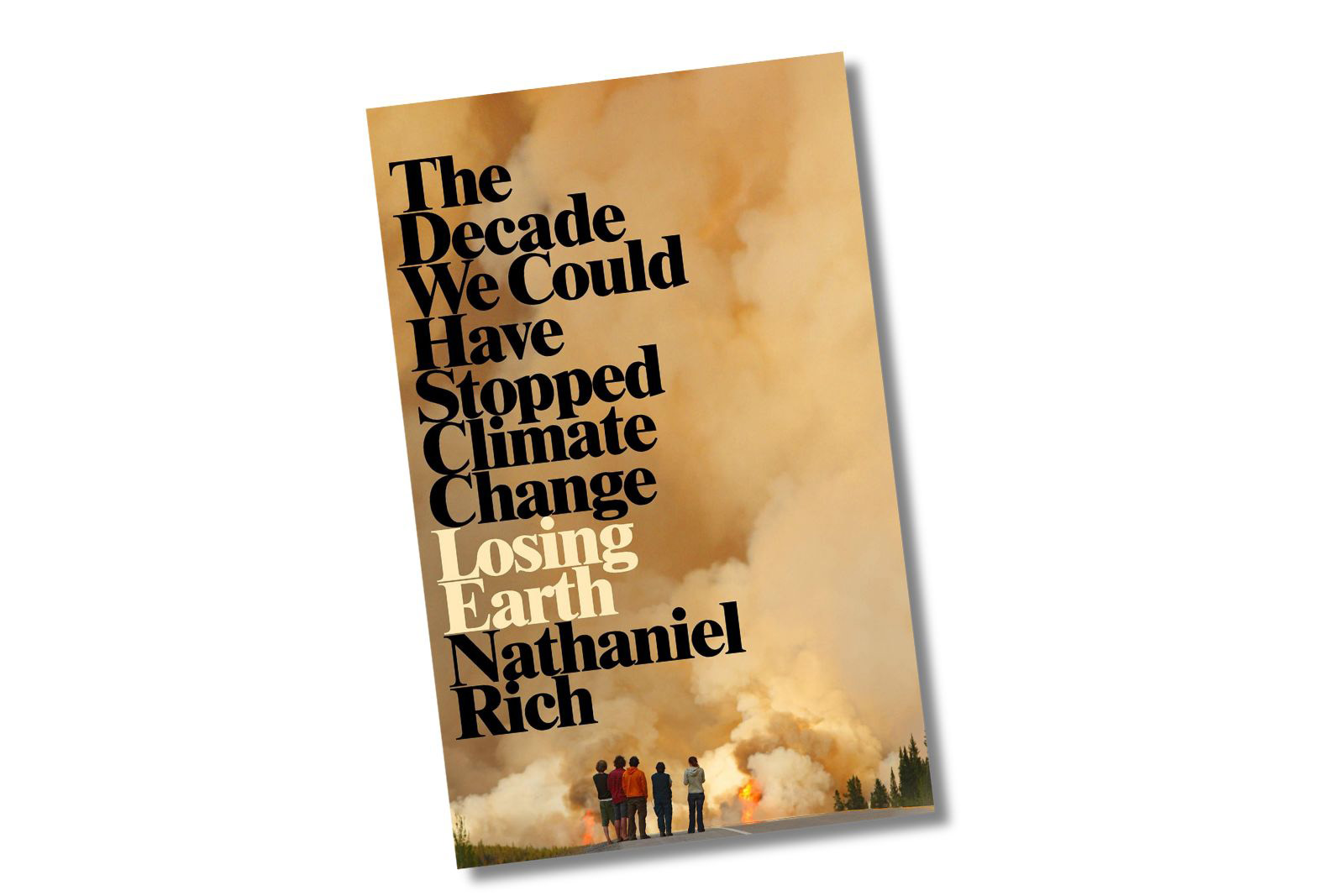
Nathaniel Rich’s Losing Earth is a gripping account of how US scientists began sounding the alarm on climate change in the late 1970s. He documents the progress they made, but also the fossil fuel lobby’s ultimately successful political campaign to block government intervention. This effort not only derailed momentum but seeded the familiar patterns of denial we’re used to seeing today, such as claims from the fossil fuel industry that “the science isn’t settled”, despite overwhelming evidence to the contrary.
For anyone seeking to understand the long history of climate inaction in the global north, this is essential reading. The author’s clear and concise storytelling gives each chapter the pace and tension of a cinematic thriller.
The Land in Our Bones: Plantcestral Herbalism and Healing Cultures from Syria to the Sinai by Layla Feghali
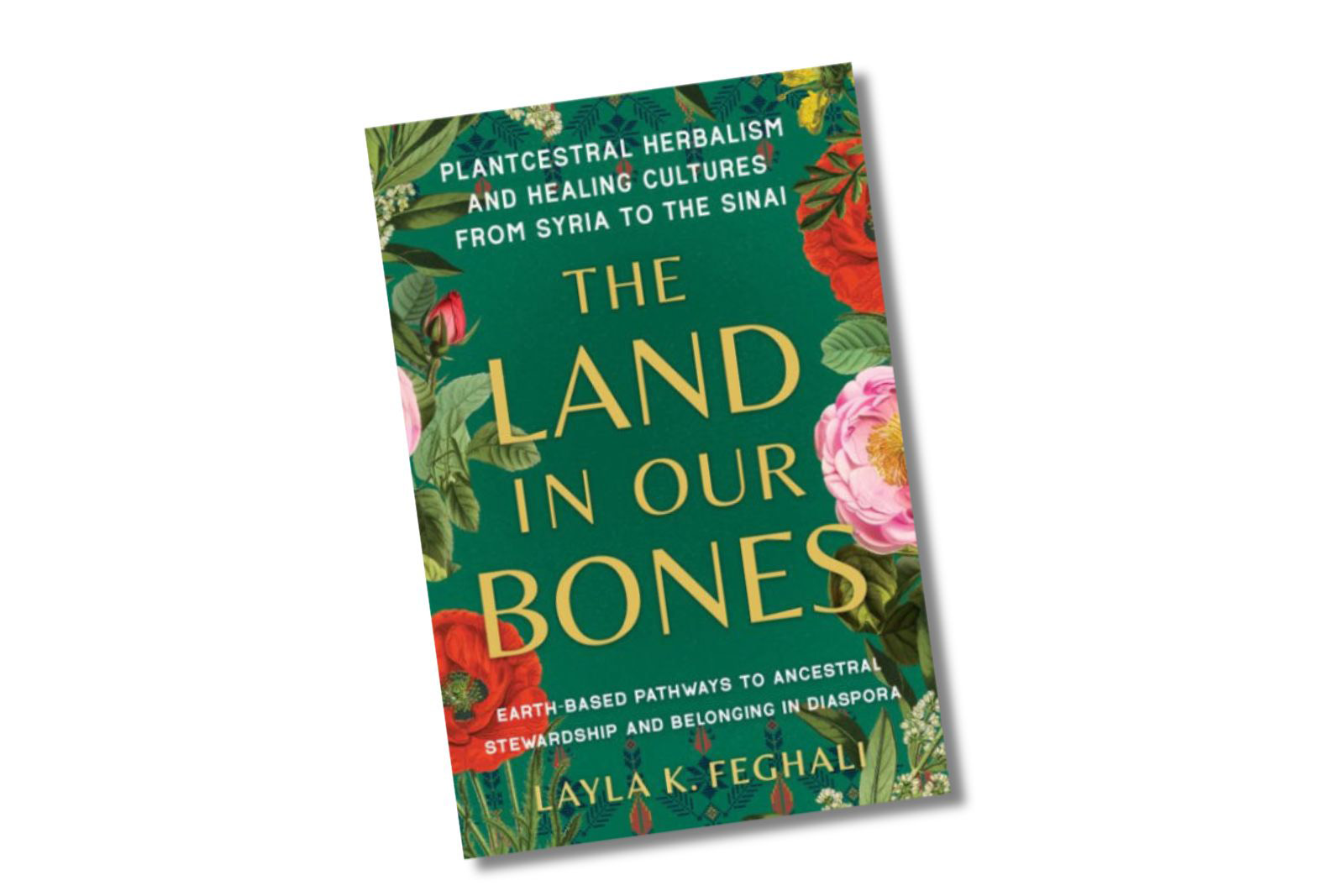
The Land in Our Bones is a deeply personal exploration of ancient Canaan, now recognised as the region between Syria and Egypt, the indigenous relationship with nature in the region and the impact of colonialism.
“Colonialism degrades a primordial part of us, fracturing our most foundational sense of dignity, security and connection, while damaging the land itself, and the fundamental power within our relationship to it,” Feghali writes, reflecting on the forced displacement of Syrian, Lebanese and Palestinian people in modern history.
Through ancestral knowledge, the study of natural medicine and the sharing of family stories and recipes, Feghali invites readers to reconnect with the land as a source of healing and environmental justice.
Power Up: An Engineer’s Adventures into Sustainable Energy by Yasmin Ali
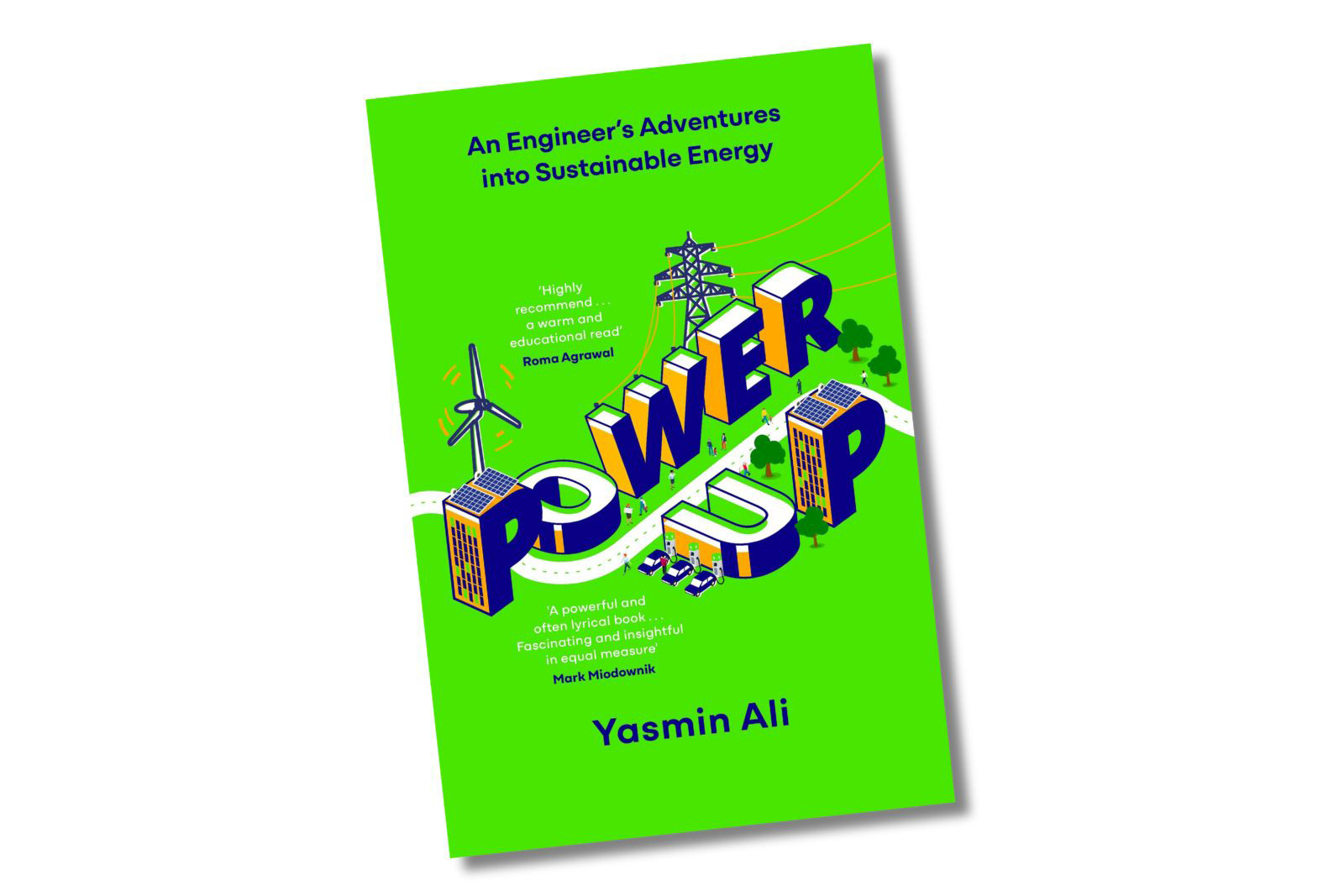
Growing up in oil-rich Iraq, Yasmin Ali had a daily routine built around the patchy supplies of water and energy in her neighbourhood. Her family fled the war-torn country and eventually settled in the UK, where she went on to study as an engineer. In Power Up, she presents the climate crisis as an energy problem, one that must be solved within the parameters of the existing energy system. “It is not the case of turning off all fossil fuels one day and turning renewables on the next,” Ali writes, explaining the vast logistical effort the green transition will require.
Power Up isn’t a manifesto of quick solutions but a comprehensive examination of the complex relationship between humans and energy — how we shape its use, and how it in turn shapes us. Combining scientific expertise with first-hand experience across the energy sector, Ali explains how radically transforming our energy systems will bring far-reaching consequences, which we must account for.
Natural Connection: What Indigenous Wisdom & Marginalised People Teach us about Environmental Action by Joycelyn Longdon
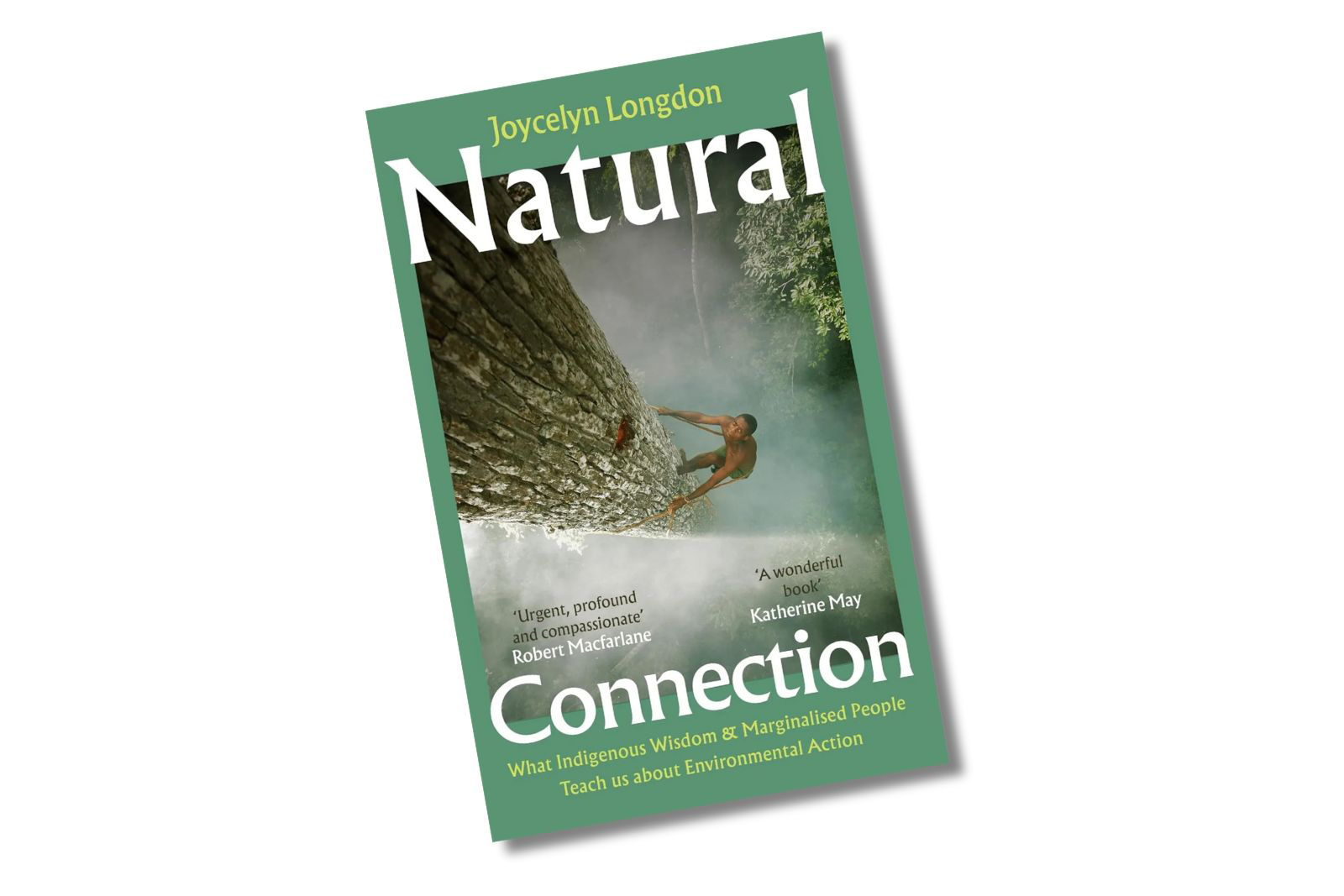
Environmental justice researcher Joycelyn Longdon has written a timely, reflective and hopeful book about how we can strengthen our natural connection with the living world. Across six themes — rage, imagination, innovation, theory, healing and care — Natural Connection centres the historical and ongoing resistance of indigenous and marginalised communities, such as the Chipko movement, dedicated to forest preservation in India, or the Ogoni Nine, a group of activists executed by Nigeria’s military government in 1995 after opposing Shell’s practices in the Niger Delta region.
Longdon suggests we should learn from these activists and envision and work towards alternative futures if we are to survive. “As a collective, we are losing our ability to imagine — imagine different ways of living, different systems to live by, and a different world to exist within,” she writes.
 Newsletter
Newsletter


